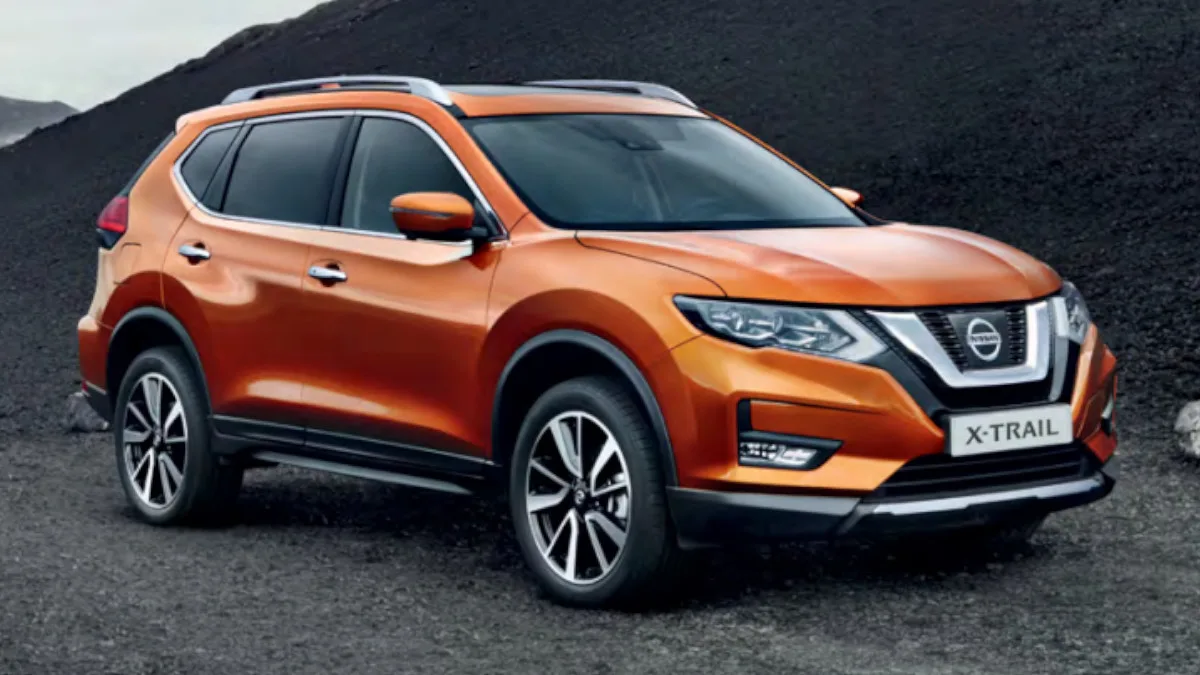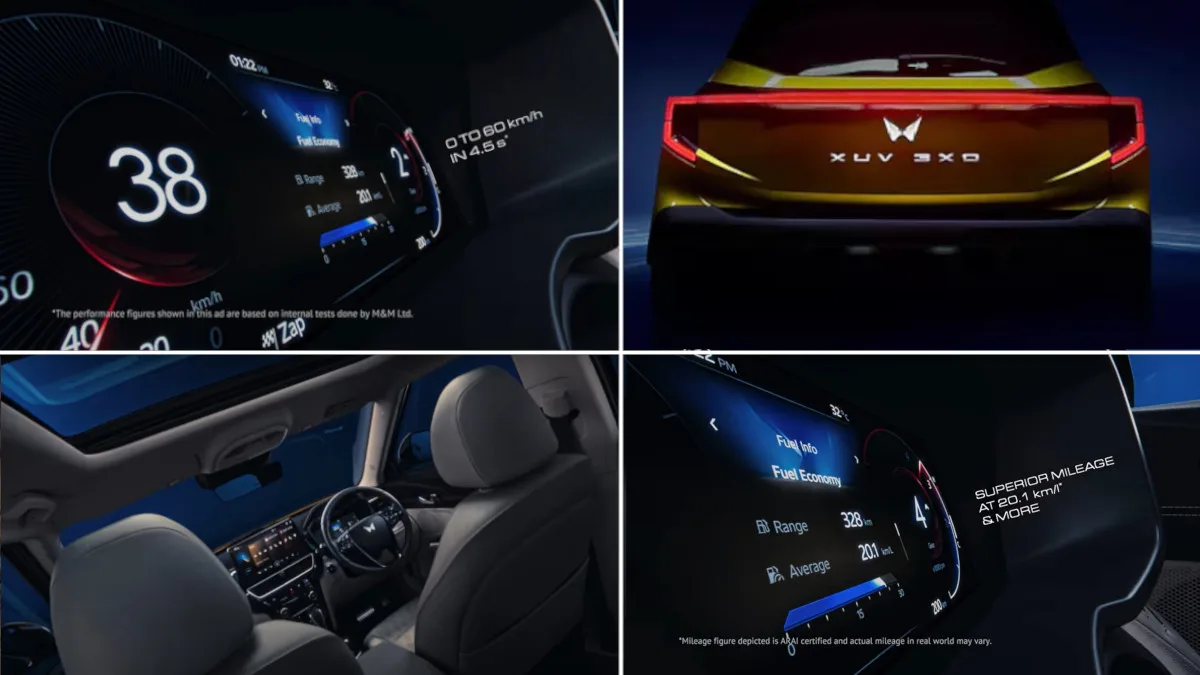
As the clock ticks towards January 2024, Indian car enthusiasts and potential buyers brace themselves for an inevitable shift in the automotive landscape— a surge in car prices. This impending change is largely attributed to the escalating input costs within India, forcing major automakers to prepare for a substantial price hike across their four-wheeler offerings.
Tata Motors: Paving the Way for Change
Tata Motors, a prominent player in the Indian automotive scene, is poised to lead the charge in this price adjustment. The company is strategically planning a price hike in January 2024, signaling changes in both its passenger vehicles and electric vehicle portfolio.
In a statement made by a company spokesperson in November, Tata Motors disclosed their contemplation of a price increase across various vehicle segments. The specifics of this price hike, including the percentage and detailed breakdown, are anticipated to be unveiled in the coming weeks. This move aligns with Tata Motors’ commitment to navigating the evolving economic landscape.
Maruti Suzuki: Unraveling the Dynamics
Maruti Suzuki Ltd., a stalwart in the Indian automobile industry, has been on a trajectory of adapting to the dynamic market conditions. Having last adjusted vehicle prices with a 0.8% increase in April, the company is gearing up for another strategic move in response to the recent firming up of steel prices, constituting a significant portion of their commodity purchases.
As we delve into the intricacies of Maruti Suzuki’s pricing strategy, it becomes evident that the company remains responsive to the volatility of commodity prices. With around 38% of their commodity buying linked to steel, the impact of these fluctuations necessitates a thoughtful and strategic approach to maintain competitiveness in the market.
Audi India: Premium Moves in a Competitive Landscape
For German luxury car manufacturer Audi, the decision to implement a price hike is rooted in the acknowledgment of rising input and operational costs. Audi India’s Head, Balbir Singh Dhillon, emphasized the necessity of a price correction to align with the premium positioning of the brand in the Indian market.
The announced price hike of up to 2%, effective from January 1, 2024, spans across Audi’s entire model range. This move underscores Audi’s commitment to sustaining its premium image while navigating the economic challenges posed by escalating supply chain-related costs.
Mahindra’s Response to Inflation and Costs
Mahindra, a key player in the Indian SUV market, has also signaled its intent to raise prices in response to inflation and soaring costs. Despite the absence of specific details regarding the extent of the price hike, Mahindra’s proactive stance reflects a strategic approach to adapt to economic realities and maintain the competitiveness of its SUV lineup.
Hyundai’s Attribution to Input Costs
Hyundai, a major player in the Indian automotive landscape, attributes its forthcoming price hike to mounting input costs, rising commodity prices, and unfavorable exchange rates. While the company has refrained from disclosing the exact percentage of the increase, the acknowledgment of these contributing factors provides consumers with insights into the economic dynamics shaping the automotive industry.
Industry-wide Impact: A Collective Move Towards Adjustments
Beyond individual automakers, a ripple effect is observed across the industry, with several other prominent brands, including BMW, Volkswagen, SKODA, Mercedes-Benz, Volvo, Nissan, and Honda, announcing price hikes commencing January 2024. The consensus among these industry leaders is to implement price increases ranging mostly from 2% to 3%, with certain automakers opting to keep the exact percentage under wraps.
Discover more from Wheels Craze - Automotive News, EV News, Car News, Bike News
Subscribe to get the latest posts to your email.




